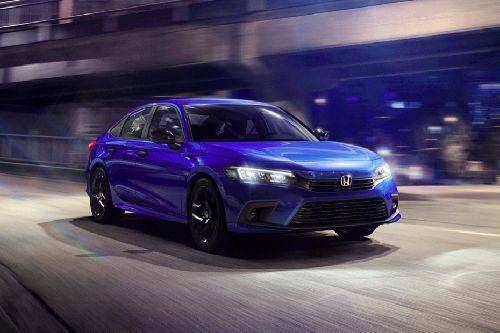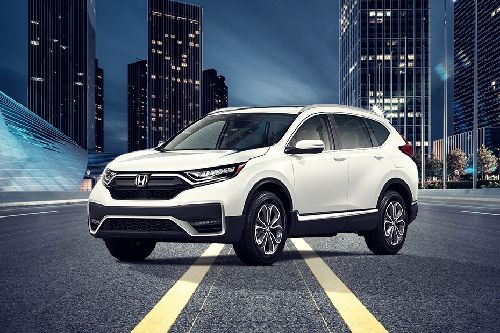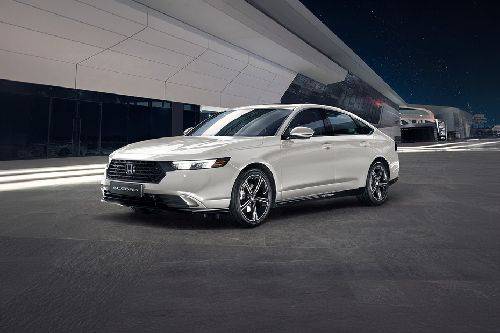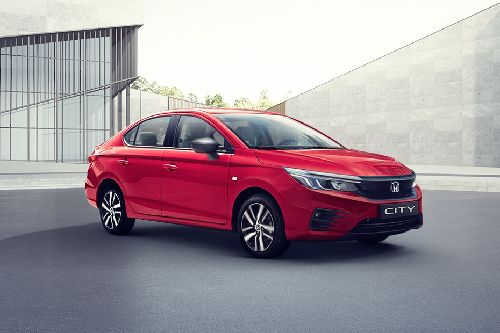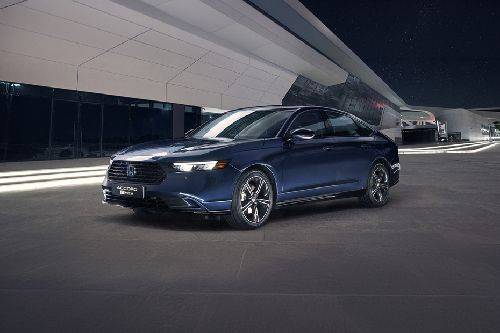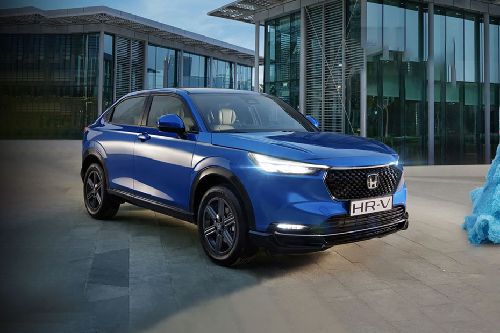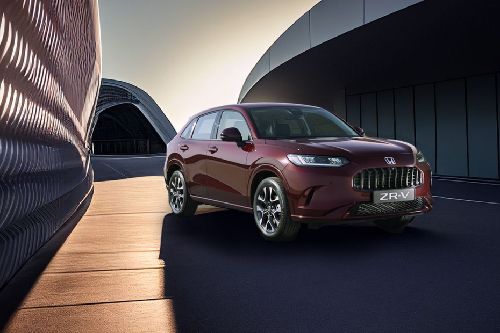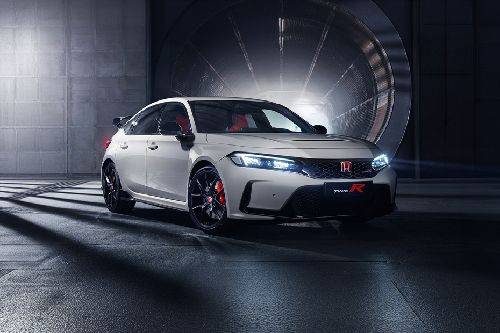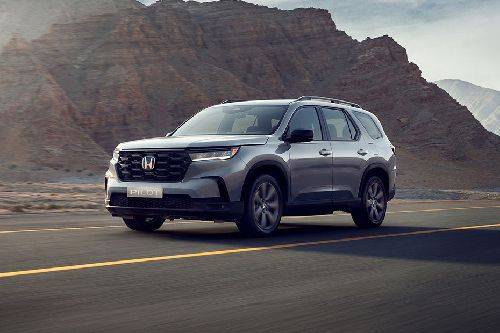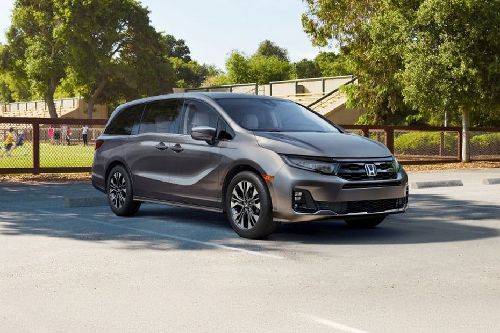General Motors unveils driverless car

Multinational automobile giant General Motors has unveiled its first driverless car without a steering wheel, accelerator and brake pedals. The concept vehicle is named ‘Cruise Origin’ and has been jointly developed by General Motors and leading Japanese carmaker Honda. Both companies have part ownership in technology startup Cruise which specializes in the designing and manufacture of autonomous vehicles.
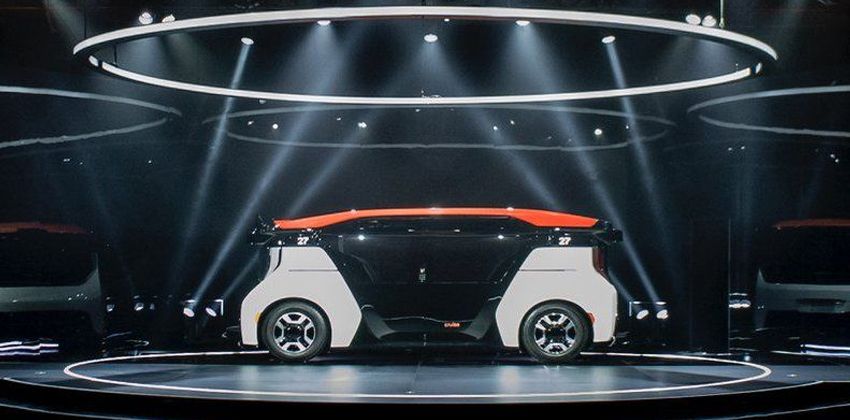
Reuters quoted senior General Motors executive Dan Ammann as having said that the box-shaped Cruise Origin will be first used for the company’s own ride-hailing service. He, however, didn’t reveal when the sliding-door car will be pressed into commercial service.
Testing of driverless, autonomous cars on a real road, calls for special permission from civic authorities. Nevada and California are among the few states that allow testing of such vehicles. That too comes with a number of restrictions. Reuters reported that General Motors still requires a government waiver to operate the vehicle which has no human controls.
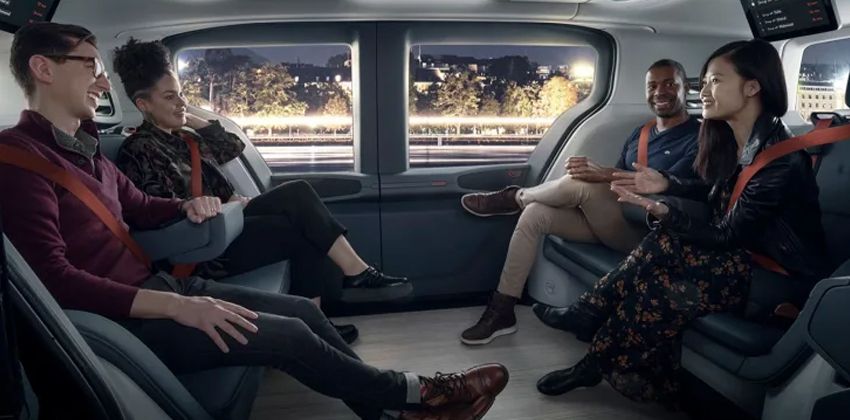
Honda picked up a 5.7 percent stake in Cruise for $2.75 billion in 2018. General Motors, as part of the partnership with Honda, announced its plans to develop a self-driving car in October 2018. The SoftBank Vision Fund has also invested in Cruise.
Ammann, while announcing its investment in Cruise back in 2016, had said that fully autonomous cars bring huge benefits for customers regarding lower costs, greater convenience and improved safety in daily mobility needs.
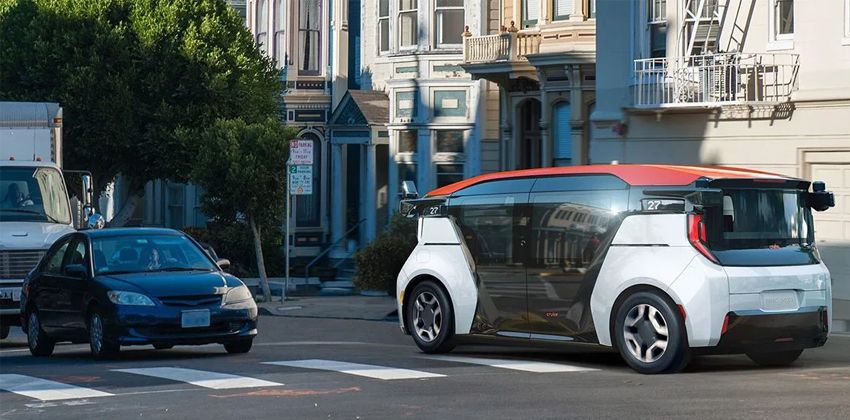
Cruise has emphasized that Origin is more than a simple idea. Ammann, in an interview, had said that the company plans to produce prototypes of the autonomous vehicle ‘in the near future.’
The hype over driverless cars reached a peak of sorts a few years back when automobile manufacturers forged partnerships with technology startup companies. General Motors joined the bandwagon and announced a $1 billion investment in Cruise which was a San Francisco-based 40-person company. More outside funding followed and the headcount swelled to 1,700 employees.
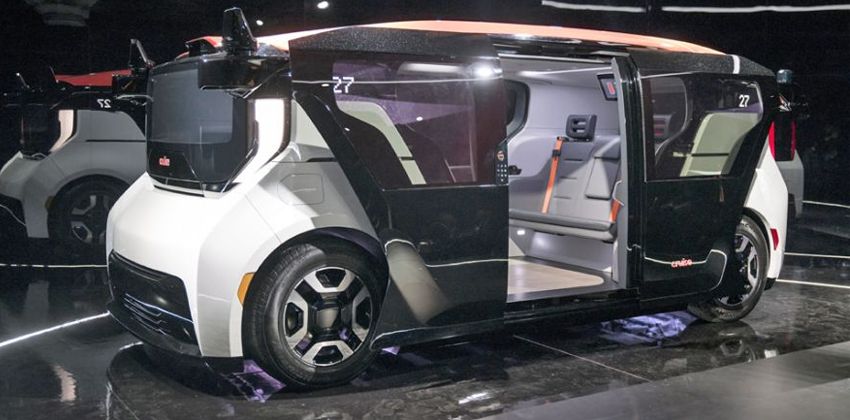
Testing data, however, later cleared that it will take several years for driverless technology to make any real headway in mobility solutions and widespread adoption. While Tesla and Google predicted that self-driving, autonomous cars would be a reality by 2018, the deadline passed sans any fanfare.
Also read: GMC introduces ‘Hurricane Turn’ feature in 2021 Yukon
Honda Car Models
Automotive News and Reviews
- Latest
- Popular
You might also be interested in
- News
Featured Car
- Latest
- Popular

